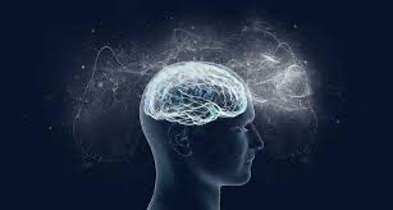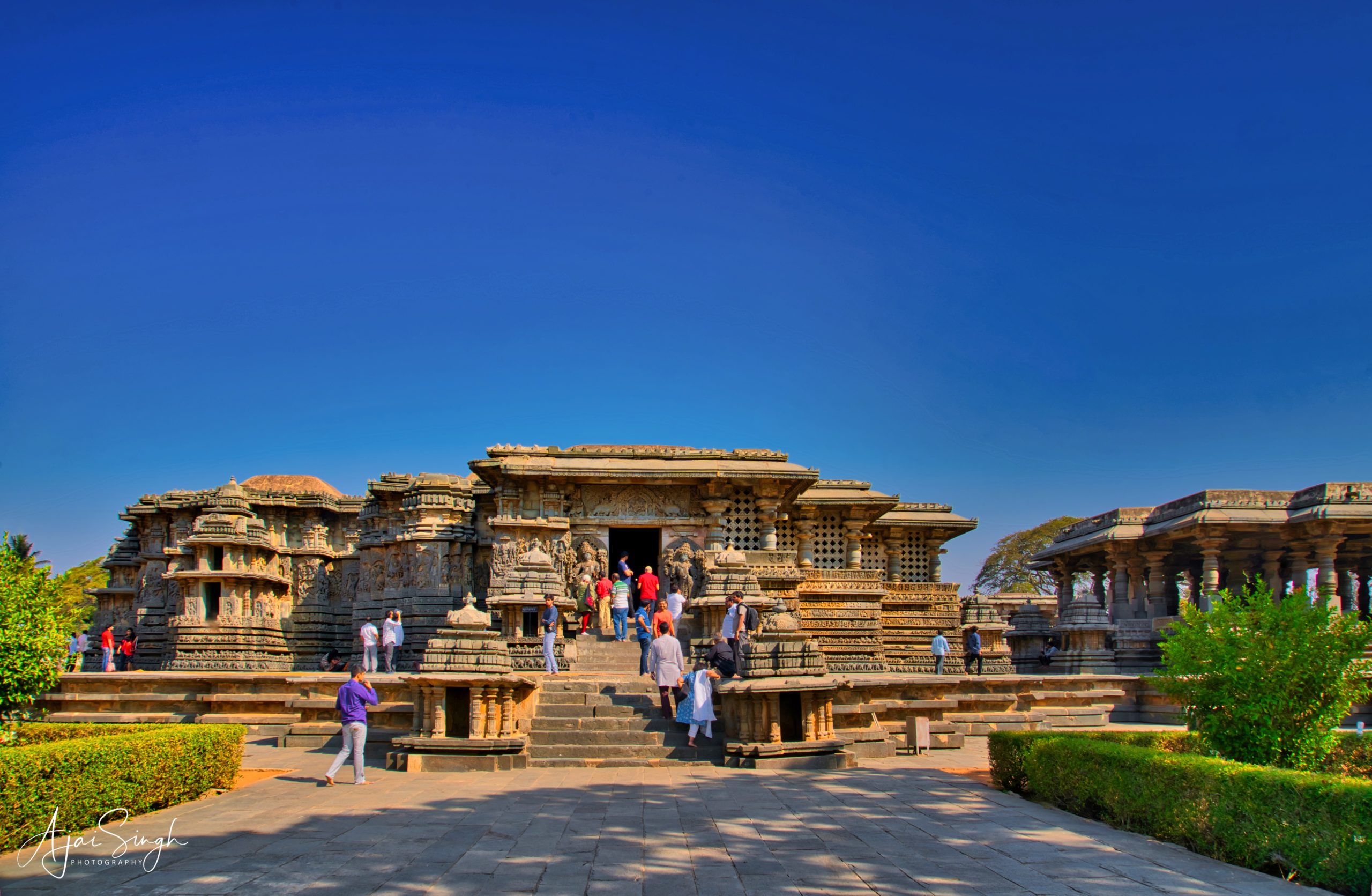- Visitor:22
- Published on:
The Mysterious Phenomenon of Consciousness. Exploratory Studies in Reincarnation
What is consciousness? The phenomenon of consciousness eludes precise scientific definition. Read this excerpt from the book ‘Demystifying Reincarnation’ by Shri Chaitanya Charan Das Ji to explore into questions of consciousness and identity. Watch this space for the second part of this excerpt.

‘Demystifying Reincarnation’ by Shri Chaitanya Charan Das Ji is an engaging book that explores the phenomenon of reincarnation from the scientific, religious and spiritual angles. The book has a strong, convincing narrative and offers detailed answers to the many questions that a seeker may have. The author presents evidence from scientific researches and talks about how the different world civilizations, across ages, have viewed reincarnation. Shri Chaitanya Charan Das Ji delves deep into the phenomenon of consciousness and takes us on an exploration into the nature of our consciousness and identity. We present to you an excerpt from the book on the mysterious phenomenon of consciousness. Please watch this space for the next excerpt where these questions are addressed.
The Mysterious Phenomenon of Consciousness
Conscious experience is at once the most familiar thing in the world, and the most mysterious. There is nothing we know about more directly than consciousness, but it is extraordinarily hard to reconcile it with everything else we know.
David J. Chalmers, The Puzzle of Conscious Experience, Scientific American, Dec 1995
What exactly is consciousness?
The phenomenon of consciousness eludes precise scientific definition. But before we get into technicalities, let’s look at things intuitively. That intuition plays an important role in acquiring knowledge is recognised by Albert Einstein: “The intuitive mind is a sacred gift and the rational mind is faithful servant.”
Intuitive Understanding
We can begin to understand consciousness as our sense of ‘I’-ness – “I am,” “I exist,” “I am aware of my own existence,” “I am aware of the world around me,” and so on. But who exactly is the “I” that is aware?
Is it the body? Or is it something distinct from the body? Let’s consider five good reasons that intuitively suggest the “I” is distinct from the body.
1. Who Perceives
When we see a flower or hear music, who is it that sees and hears? Is it the ear that hears? A dead body has eyes and ears. But it doesn’t see or hear. Why?
Then, is it the brain or maybe the nervous system that sees and hears? Later we will analyse in detail at why brain functions alone don’t explain consciousness. For now, suffice it to say that a dead body also has a brain and nervous system but it doesn’t see or hear. Why?
Might the perceiving be done by something or someone distinct from the body?
2. Who is the Owner of the Body?
When we refer to the parts of our body, we say “My hand”, “My legs”, and so on, not “I hand”, or “I legs.” This suggests that “my hands” and “my legs” are different from “me.”
The same is true of the body as a whole. We also say “my body” not “I body.”
This difference between “me” on one hand, and “my body,” “my hands,” and “my legs” on the other, is not just a matter of semantics. We are not quibbling with words. It’s also a matter of practical experience – we feel ourselves to be the owner of our body, and its parts.
The question, then, still remains : who is the “I” that claims owners’ rights over the body and its parts?
3. Who’s Gone ?
When someone dies, the way people speak about it can be quite telling. They say, “He has passed away” or “She’s gone.” But who passed away? What’s gone? The body of the person they knew is still lying there; it has not gone anywhere. And yet they feel an acute sense of loss, as if their loved one has gone away. Their feeling of loss is not wrong: the person they cared for is certainly gone.
So the question remains: who’s gone? When that person was there, the body was alive. But now that he or she is gone, the body is dead. Could that person somehow be independent of the body?
4. When the Body Changes, Who is the I That Remains the Same?
At every moment, from conception in the womb till death, our body is constantly changing. That’s a scientific fact. In his book The Science of Near-Death Experience Pim Van Lommel explains, “Our cells may be seen as our body’s physical building blocks, yet every day some fifty billion cells in our body are broken down and regenerated. This is the equivalent of 500,000 cells per second. Every two weeks all of the molecules and atoms in our body’s cells are replaced…And yet we experience our body as a continuity. How can we explain this experience of continuity of the ever-changing body?”
The question raised by Lommel is profound: How is it that despite such constant and total changes in our body, our sense of identity or “I” -ness remains unchanged? Your body changes, but you remain yourself. How?
5. Am I Just a Bag of Chemicals?
Your body is made up of various chemicals: carbon, nitrogen, calcium, phosphorous, potassium… Does that sound like you? Is that the stuff that makes up your identity, your personality ?
Your body is made up of mainly of water. When you think about who you are, do you think of yourself as a liquid? Or as watery? Between birth and death, thousands of gallons of water will go into and out of your body. The water comes and goes, but you are still here.
If we analyse the chemicals that make up the human body, measure the amount of each one, and then calculate how much they cost, the total doesn’t add up to the average person’s cost of living for even a day. Is that your net worth?
Just before and just after the moment of death, the chemical composition of the body remains the same. And yet something essential has changed.
What is that?
Could it be that something nonphysical is the source of life, and that something has left the body at death?
Center for Indic Studies is now on Telegram. For regular updates on Indic Varta, Indic Talks and Indic Courses at CIS, please subscribe to our telegram channel !
- 11 min read
- 0
- 0










